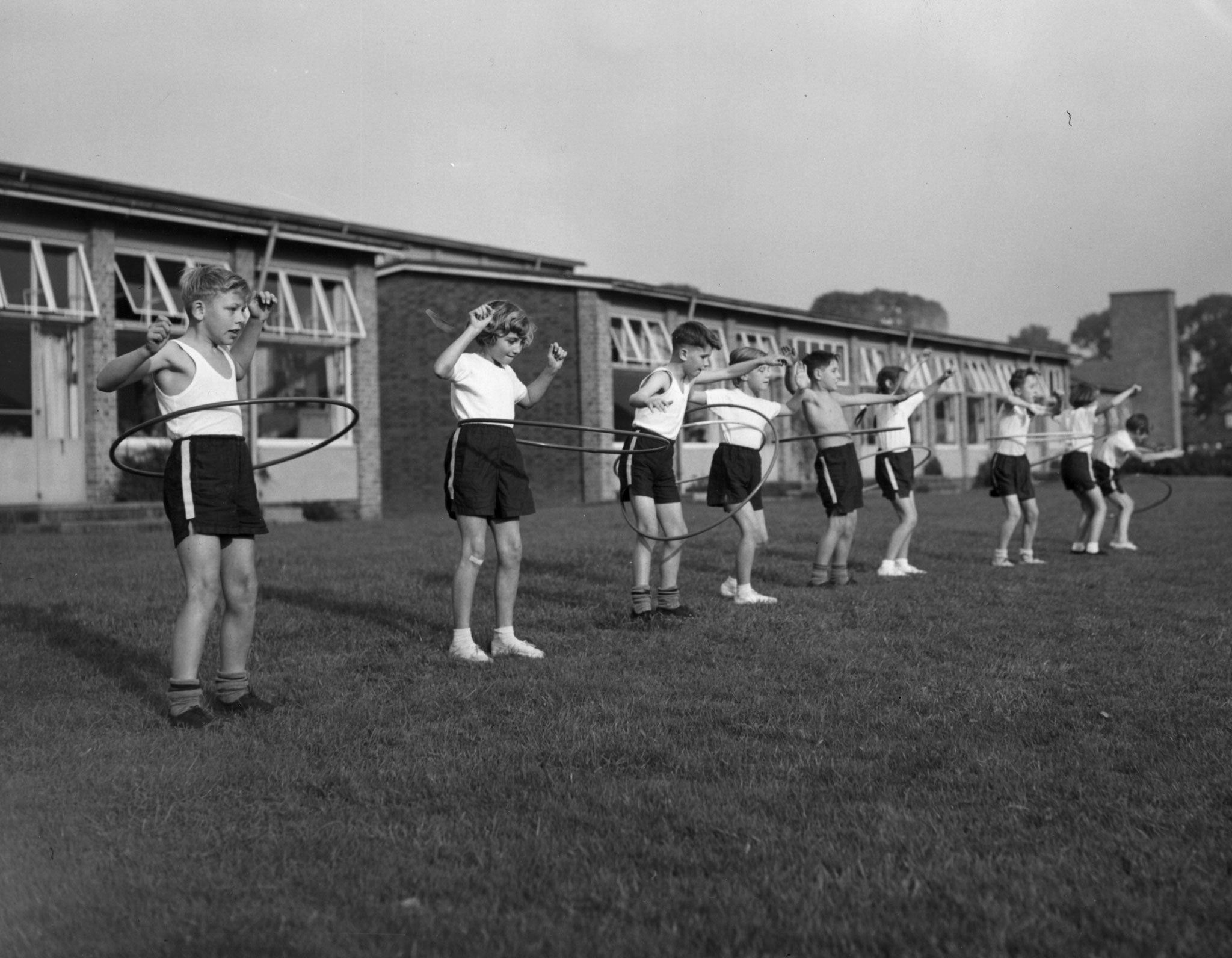Where have all the Susans, Marys, Annes and Normans gone? Not to mention the Lindas …
Our names carbon-date us like nothing else

Linda. It was the most popular name for the year of my birth and now it’s dying out along with all the Susans and Janets and Jeans and Margarets and Anns I was at school with. I knew umpteen Lindas. Now I have a name that dates me as surely as if I went around with my birth certificate pasted to my forehead. Carole, Sandra, Keith, Graham – we are all children born no later than the 1950s and early 1960s with designated appellatives to prove it.
Names that are now officially extinct (no one born in the past year was registered with them) are Cecil, Rowland, Willie, Bertha, Blodwen, Fanny, Gertrude, Gladys, Margery, Marjorie and Muriel. Most of these were already outdated in my childhood and joining them now on the at-risk register are Clifford, Horace, Harold, Leslie, Norman, Doris, Edna, Ethel, Hilda, Marion and Phyllis. Apart from Marion and Norman I knew no one of those names. They already felt like lists on war memorials and graves. It’s when you come to the in-danger zone that I get a shock – are Ann, Dorothy, Irene, Jane, Janet, Lizzie, Margaret and Mary all now out of fashion? So prevalent was Mary that the girls’ comic Bunty had a strip about four schoolgirls of that name from 1958 to 2001, their uniforms and hairstyles updated every few years.
I first noticed the change in names when in the 1980s I met a little girl called Agnes. Agnes was to me an old-lady name, attached to drooping maiden aunts with sniffs and dandruff and mittens. These parlour maid and footman names have undergone a revival. It’s now permissible to call your child Lily and even Agatha. A friend’s small son is Arthur, welded together in my mind with the moustachioed star of Dad’s Army. I have learned not to blink when birth announcements arrive with reclaimed names like Florence (though never Florrie).
Names move about the class system. I thought of Emma as a rather posh girl’s name until Susan Carter gave birth to Emma in The Archers, who married a Grundy and had a son presciently called George, another name which to me sounded old-fashioned until it was given to a baby heir to the throne. Posh-girl names have enjoyed such a boom in general popularity that when the girl behind the counter at Primark might be called Amelia, Charlotte, Eleanor, Eliza, Emily, Harriet or Isabella, the genuinely posh must up the ante with Lucretia and Jocasta and Piers.
Dreadfully old-fashioned names like Cuthbert and Clarence are a burden so great that no one seems to have imposed them on their child for half a century or longer. The new victims of carbon-dating are the men with golf-club names: Nigel, Leslie, Lionel, Trevor, those men with cravats, string-backed driving gloves and embossed badges on their blazers. It is really difficult to be cool when your name is Jeffrey. My nephew, born in 1984, was given his late grandfather’s name, Ben, which was chosen without realising that it was the name de jour, even given to a child in Eastenders. Growing up to be a Spitalfields hipster he might in his fifties begin to feel like a latter-day Norman.
In the 1960s, at a Liverpool parish church, a friend’s mother attempted to christen her new baby Sue. The vicar forbade it. No diminutives were permitted in the Church of England so I was astonished when the spare heir to the throne was named Harry, which isn’t a name, as far as I’m concerned, it’s the short version of Harold or Henry. Now, we learn, Charles has fallen into disfavour and Charlie has replaced it. Charlie isn’t a name! Nor is Jamie or Johnny or Milly or Betsy, for God’s sake.
There is a genuine error that would-be novelists make when they choose names for their characters on the basis of what they would like to give their children, without thinking of age or class or religion. The authenticity of literature lies in attaching names to created lives that make them seem as if they inhabit both space and time. Children growing up on a sink estate in Halewood aren’t usually called Artemis or Titus. Catholics from Belfast tend not to call their sons Billy. Jews on the whole avoid the Christian name Christian. Linda may one day return, but not in 2014. My middle name remains a lips-sealed matter.
Join our commenting forum
Join thought-provoking conversations, follow other Independent readers and see their replies
Comments